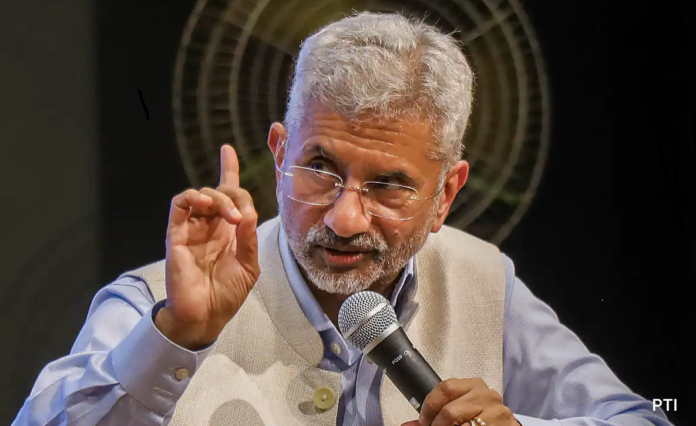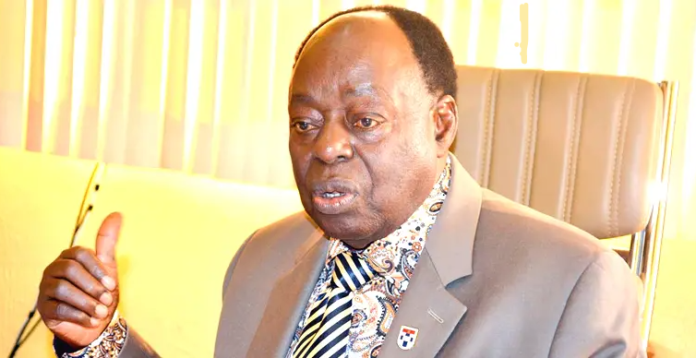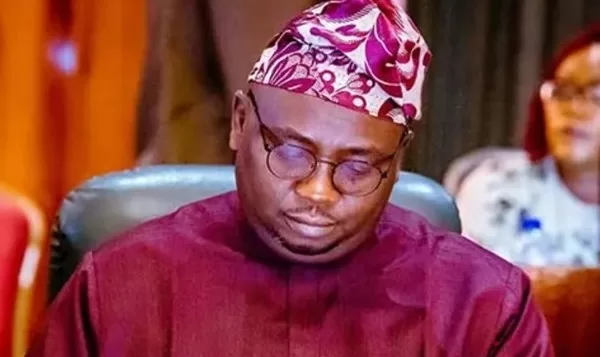ABUJA The Federal Government begged organized labor on Tuesday not to halt the electricity sector’s transformation strategy in light of the new electricity tariffs system.
More than 95% of the organized labor participants in Monday’s protests against the rise in energy tariffs at the Nigeria energy Regulatory Commission (NERC) and the Transmission Company (TCN) offices, according to the government, are unaffected by the new increase.
Remember that on Monday, the Trade Union Congress (TUC) and the Nigeria Labour Congress (NLC) launched a nationwide protest in response to the In Nigeria’s energy supply industry, a recent increase in electricity bills directly impacted Band A users. The privatization of the power sector was deemed a ‘colossal failure.’
Read Also: Kizz Daniel And Tekno: In A Verbal Sparring Match Over “Buga,”
The demonstrators called for the hike to be reversed.
After President Bola Tinubu presided over a two-day meeting of the Federal Executive Council (FEC) at the Presidential Villa in Abuja, Chief Adebayo Adelabu, the Minister of Power, briefed State House correspondents. He urged organized labor not to sabotage the plan for transformation in the power sector.
‘My appeal again is that they should please not derail or distract our transformation plan for the industry,’ he said in response to queries about the labor need.
‘We are following a well-documented reform roadmap. reaching our final objective, Nigeria, where we will have dependable, useful, economical, and accessible power. Since we are attempting to reverse a degradation that has accumulated over nearly 60 years, it will not be accomplished overnight.
Nobody gave us assurances or promises that the journey would be easy. We must endure the storm, which is only going to last temporarily, even if we knew it would be difficult. Everyone is making a great deal of sacrifice: the people, the government, and the commercial sector. Therefore, in order for us to benefit permanently, we must make this sacrifice.
We shouldn’t return to the circumstances of February and March, when we had a very low generation. All of us Every home, business, and institution felt the effects of this extremely low supply of electricity. ‘Since we started this small reform at the beginning of April, we have seen that effect that electricity has experienced and it can only be obtained better; the statement reads.
Therefore, I am pleading with everyone not to play around with this before we set out, we are aiming high and we will succeed.’
The Minister praised the demonstrators for their composure and orderliness, acknowledging that they had the fundamental right to demonstrate.
‘Let me first make it very clear that there are fundamental human rights because we live in a democracy,’ he remarked. I am unable to deny someone their rights.It’s the the Labour Party’s right to peacefully demonstrate and make demands, given their interpretation of our actions. It makes perfect sense and is legitimate and allowed.
Thus, we are unable to prevent people from planning a nonviolent demonstration or stating their demands. Allow me to clarify. The administration of President Bola Tinubu is likewise a listening government.
‘We’ve listened to their demands, we’ll consider them, we’ll have more conversations, and I think we’ll be able to work with labor to find a peaceful solution because no government can function without labor union cooperation, collaboration, and partnership.
Thus, we applaud the nonviolent demonstration, and I’m glad it didn’t turn violent. They have established themselves. government has acknowledged them and is considering their requests.
electricity tariffs
One point I want to make clear, though, is that over 95% of the individuals who participated in yesterday’s nonviolent protests and were impacted by the tariff hike are not those impacted by the increase in electricity prices, according to statistics on those affected.
Given that the average cost of producing, transmitting, and distributing power is currently N180, they continue to benefit from a government subsidy of about 70% of their tariff.
The government still provides them with subsidies because many of them pay less than N60. Actually, it doesn’t harm them when they suggest that we should reverse the newly raised tariff. That only applies to one slot.



